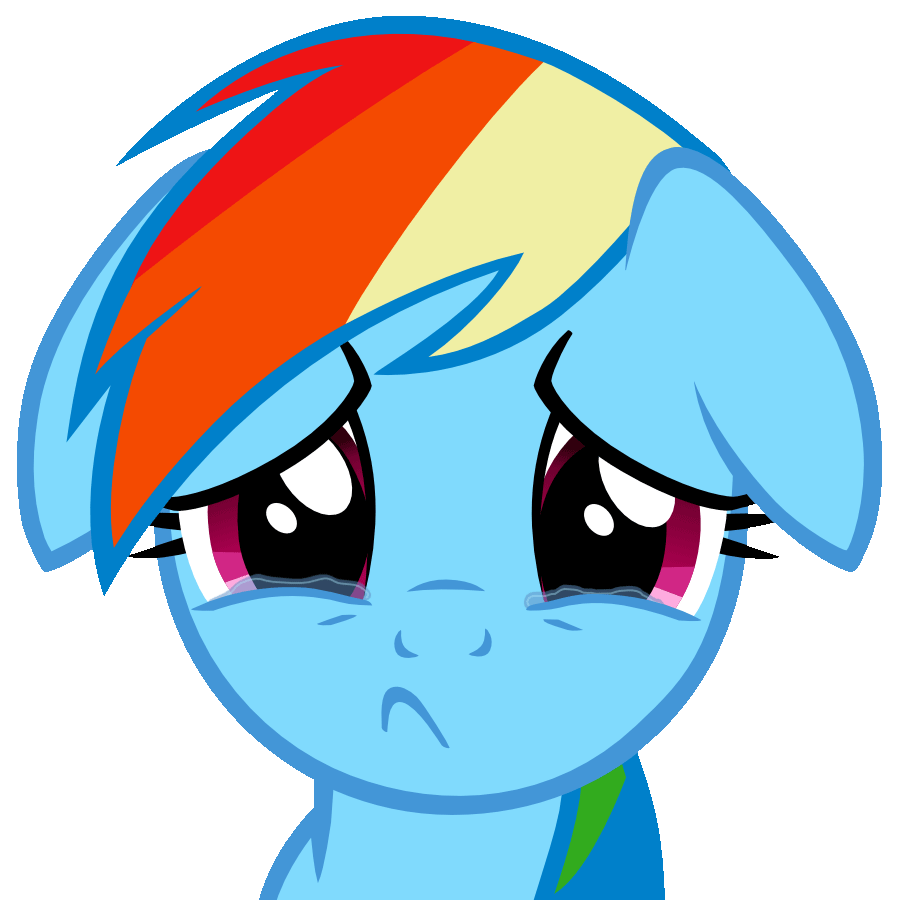This week I was asked to host a discussion about self publishing and small press publishing for my writers group. I've spent the week researching and putting together information and I wanted to share with my readers. :) This will be a multipart post (I went overboard on the research!!)
THE HEALTH OF THE PUBLISHING INDUSTRY:
Despite the go-go of our society and the multitude of entertainment options we have today, PEOPLE ARE STILL READING, but how they are reading is changing.Sales of hardcovers rose 1.3% in the year, to $5.06 billion, and trade paperback sales increased slightly, up 0.4%, to $4.96 billion. . . . Total e-book sales rose 44.2% in 2012, to $3.04 billion and accounted for 20% of trade revenue and sales of downloadable audio rose 21.8% in 2012, to $240.7 million. (figures from Book stats)
The number of traditionally published print books rose 6% in 2011, to 347,178, according to preliminary figures released by Bowker. This was the first year they included self-published titles in the 'traditionally published' column , and they believe this was the driving factor to the increase.
Bowker goes on to say that the number of self-published books has tripled in growth, especially in ebooks. They tally more than 235,000 new print and ebooks in 2011. This can easily be contributed to new technology that makes self-publishing so easy. And the news of self-published authors 'making it big'. Even with the superstars of self published books being heralded as modern day folk heroes of the publishing industry, individual self published books usually don't do well.
According to the New York Times: “most self-published books sell fewer than 100 or 150 copies", many authors and self-publishing company executives say.
There are breakout successes, to be sure, and some writers can make money simply by selling their e-books at low prices. Some self-published books attract so much attention that a traditional publishing house eventually picks them up. But It's not an easy path to follow, you have to be an entrepreneur if you're planning to self publish.
"So I'm going to push hard to get a publishing contract," You say. "That way I'll be successful in selling my book!"
Well not so fast. Publishing contracts don't guarantee success. As a matter of fact, MOST BOOKS don't do well regardless of who or how they are published.
"Here's the reality of the book industry: in 2004, 950,000 titles out of the 1.2 million tracked by Nielsen Bookscan* sold fewer than 99 copies. Another 200,000 sold fewer than 1,000 copies. Only 25,000 sold more than 5,000 copies. The average book in America sells about 500 copies. Those blockbusters are a minute anomaly: only 10 books sold more than a million copies last year, and fewer than 500 sold more than 100,000.”(Publishers Weekly, July 17, 2006).
And Nonfiction fairs even worse. According to BookScan*, which tracks most bookstore, online, and other retail sales of books, only 299 million books were sold in 2008 in the U.S. in all adult nonfiction categories combined. The average U.S. book is now [2011] selling less than 250 copies per year and less than 3,000 copies over its lifetime.
*A note about bookscan. They only track books with ISBN numbers. A lot of Digital only self-published novels are forgoing the expense of ISBN, and there’s no data on their sales from the industry.
LET ME STRESS THAT:
500 COPIES PER YEAR!
500 COPIES PER YEAR!
Yes, these aren't the most current statistics, but sales figures on individual books are guarded. The publishing houses don't talk about it. Published authors, who are ordinarily helpful and supportive of new writers, guard their numbers and don't talk shop. Agents are closed lipped about it.
Smashwords, a self-publishing website has been fairly open about individual book sales. “We make it clear to our authors.” That a huge majority of self-published books “don’t sell a lot of copies,” said Mark Coker, the founder and chief executive of Smashwords, a no-frills operation that concentrates on self-published e-books.
This graph represents Smashword books only.
T HE DIGITAL DIVED: Will Digital books save the publishing industry?
Book Sales (as of second quarter 2012)
30% Trade Paperback
27% Hardcover
22% E-book
12% Mass-market
7% Other bindings
2% Audio Book
Pricewaterhouse Cooper projects that by 2016, e-books will make up 50% of the U.S. book market, and that physical book sales will hold steady with only slight percentage increases from year to year.
27% Amazon
16% Barnes & Noble and B&N.com
6% Audio E-book websites
6% Other E-commerce
6% Independent Bookstores
5% Resale and Thrift
4% Walmart
3% Warehouse Clubs
2% Target
1% Books-a-million
1% Supermarket and Grocery
13% All Other Channels
E-book Sales (as of second quarter 2012)
62% Amazon
22% Barnes and Noble
10% Apple
2% Sony
1% Kobo
~3% Google and others
The publishing industry isn't blind to these statistics. A Digital Book World survey found that at the end of 2011, 82% of publishing executives surveyed were optimistic about the transition to digital formats and 54% projected the decline of sales for printed books.
So with the ease of self publishing and the demand for digital books rising, the next ten years will be an exciting ride in the publishing industry.
Tune in for part two where I muse on how an author can possible making money in this brave new world of publishing.














Wow! Great article Gina. I am going to repost in on my blog if you don't mind.
ReplyDeletePlease do.
DeleteI don't want to discourage anyone from writing, but I think it's important to know what the industry looks like. A lot of published authors I know don't make a 'living' off of writing alone.
I think some new authors assume that once they get signed their work is over and they can just be a writer. The industry is tough. You should do it because you love it and are passionate about writing. :)